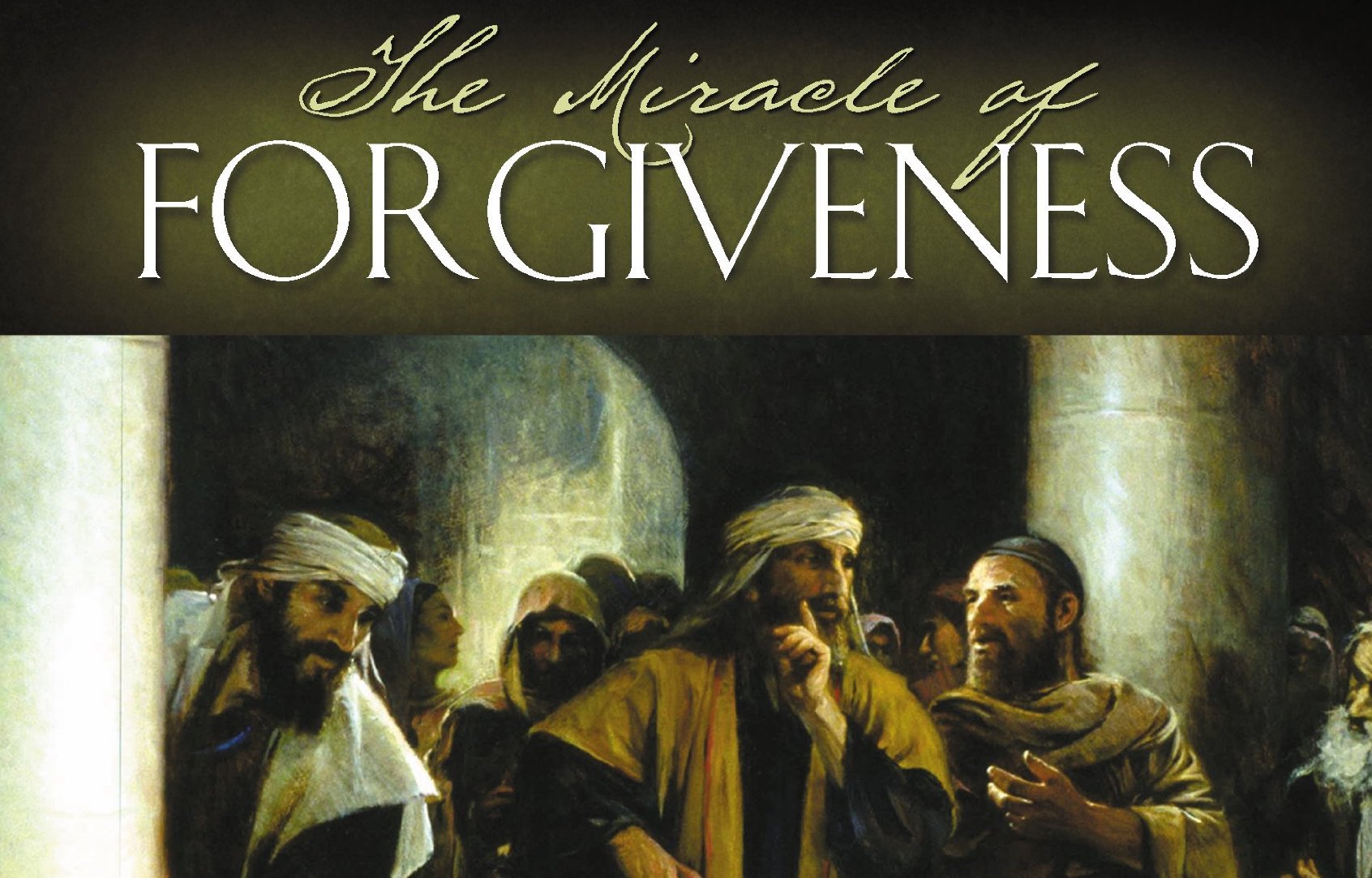Forty-three thousand churches are cooperating with the Southern Baptist Convention. You'll find at least one in nearly every city across America, yet the SBC has a decidedly "southern" flavor. That's because, in part, most of the churches are in the south. There are far fewer SBC affiliated churches in the west and the north-eastern parts of the country. And for the most part, those churches are a lot smaller. But the SBC hugs her southern roots.
It wouldn't take much for the SBC to become more diverse. She simply needs to open the doors to those voices in smaller conventions. Churches in Alaska, Wyoming, Utah, Idaho, Maine, Montana, and the Dakotas, for example, are faithfully working to plant SBC churches, give to the Corporative Program (CP), and partner with other SBC-minded churches. Yet, they have little to no representation on the boards of trustees of our SBC entities.
Except for the Executive Committee (EC) and the International Mission Board (IMB), the entities limit their board of trustees to larger state conventions rather than smaller ones in missional areas. In doing so, they miss the opportunity to have diverse men and women on their team.
Every year, a team called the Committee on the Committees is appointed to select a group who in turn nominates trustees for the various SBC entities. That second team is called the Committee on Nominations. Two people are chosen from each of the 42 state conventions (some states are two or three states combined) to sit on the Committee on Committees. They each nominate a person from within their state (or 2-state) area to serve on the Committee on Nominations. When trustee positions become vacant, this team selects people to fill the slots. Yet, smaller conventions can only send someone to the EC and the IMB.
Why does it matter if the smaller conventions don't get to send someone to serve on the entities' board of trustees?
It doesn't. Not if churches in those smaller states are only expected to send in their CP dollars and enjoy the southern flavor and decisions of the SBC. It doesn't matter if the entities are unconcerned about the ideas and voices of the Christians in these missional areas. And none of this should matter if the entities can't find ways to utilize trustees all over our country.
As a pastor in Utah and the former President of the Utah-Idaho Southern Baptist Convention, I greatly appreciate the possibility of chatting with the trustee serving with the IMB and the trustee serving with the EC at a local event or convention meeting. I know they understand our context and concerns. They are one of us, and I believe there's a greater chance that they'll hear us. My friendship with a former IMB trustee actually increased my interest and concern for the IMB's work. I felt more compelled to send financial resources and open our building for IMB meetings and work in our area because of the trustee from my area.
I look forward to seeing these trustees at our next state convention and hear reports from them, people we know, and our friends. I wish the Ethics and Religious Liberties Commission (ERLC), LifeWay, GuideStone, and the North American Mission Board (NAMB) would see the value of having a trustee from every state convention sitting on their board. Maybe they could take a page from the IMB's playbook?
It would be healthy and beneficial to have a trustee from every state convention area. In some cases, this only means adding another half-dozen trustees to bring the full number of trustees up to 42.
I would also love to see someone from Utah or Idaho on the board of trustees at Gateway Seminary. They are the closest seminary to us regionally, and we have a Gateway teaching site in Salt Lake. Yet, while their board has members from eastern states in larger conventions, there's no representation from Idaho or Utah. I understand that including a trustee from every convention could conflict with accreditation requirements; however, it does seem reasonable that SBC churches closer to the seminaries should be considered.
The messengers at the convention can't demand other entities make these changes, but they can request the entities' board of trustees explore the possibilities. I certainly hope a motion is made to consider this at the 2022 Southern Baptist Convention in Anaheim, California. It will simply be forwarded to the entities, but that may be enough. (I'd make the motion myself if rising travel costs didn't prevent me.) But if it doesn't happen, I pray that the boards themselves may take up this issue and make their entity more inclusive of Southern Baptists from the entire United States and beyond.
If you're attending the next Southern Baptist Convention and agree with what you've read, consider pre-filing your motion (it’s on the app and it’s helpful but not required), getting in line at the mic, and then making this motion. I, and many others in under-represented areas, would be grateful.
Here's how that motion could go:
Name, Messenger from _____ Church, from _______.
Following the example set by the Executive Committee and the International Mission Board of having representation from each cooperating state convention, I move that the messengers to the 20__ SBC annual meeting request the Boards of Trustees of the Ethics & Religious Liberty Commission, Gateway Seminary, Guidestone Financial Resources, Lifeway Christian Resources, Midwestern Seminary, New Orleans Seminary, the North American Mission Board, Southeastern Seminary, Southwestern Seminary, and The Southern Baptist Theological Seminary study the feasibility of permanently adding at least one properly nominated and elected trustee from each unrepresented, cooperating state convention and report the findings back to the 20__ SBC annual meeting.




















